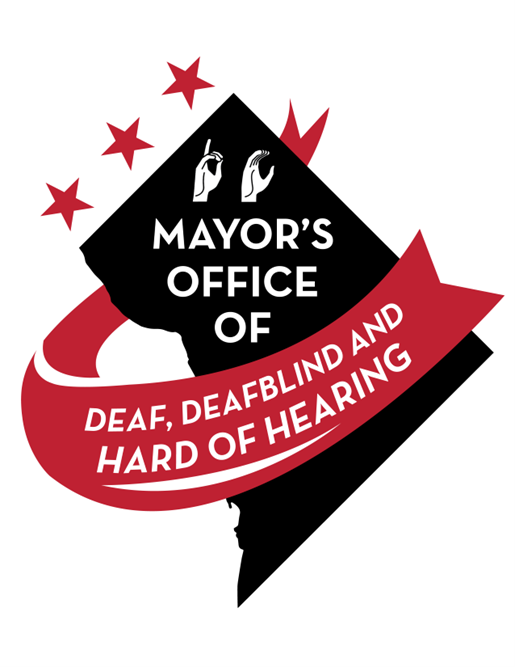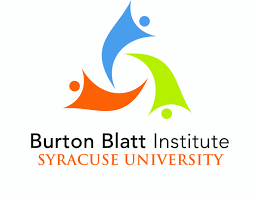Additional Resources
Yes, You Can Work! Maximizing Income Through Competitive Employment
Join us for an informative webinar where we’ll discuss competitive employment opportunities for SSI/SSDI applicants and beneficiaries.
Our panel of experts includes representatives from Cornell University’s Yang-Tan Institute on Employment and Disability and National Disability Institute, who will provide an overview of employment supports, opportunities and benefits planning services available to individuals with disabilities.
You’ll hear from a SSI/SSDI Outreach Access and Recovery (SOAR) provider who will share their approach to discussing competitive work with SOAR-assisted SSI/SSDI applicants and collaborating with vocational rehabilitation programs. We will also be joined by an SSI/SSDI beneficiary who will share their personal experience working with a SOAR Specialist and Vocational Rehabilitation to successfully access SSA benefits and obtain employment. Tools and resources developed by the SOAR TA Center will be discussed and shared.
Access the webinar materials and recording
Please note: ASL Interpretation and Captioning was be provided during the live event.
Please submit your questions or comments to: soar@prainc.com.
Cultural Competency with DC Mayor’s Office of Deaf, DeafBlind & Hard of Hearing
This training focuses on Deaf, DeafBlind, Deaf Disabled, Hard of Hearing and Late Deafened (D/DB/DD/HH/LD) communities and cultures. Participants will learn best practices and accessibility considerations when engaging with D/DB/DD/HH/LD individuals who “live, work and play” in DC. Participants will take away best practices to improve accessibility within their organization, activities and events.
Deputy Director Karen Quinones and Chief of Staff Kisha Gore will be presenting the Cultural Competency Training as part of MODDHH’s vision to enhance the quality of life for all residents with genuine inclusion that makes communications accessibility an ingrained part of living, working, and playing in DC. Our work centers Universal Design as part of technological advancement and increase community awareness both inside and outside of Deaf, DeafBlind, Deaf Disabled, Hard of Hearing, and Late Deafened communities.
Watch the Zoom Recording (with shared screen and gallery view)
Watch the Webinar on YouTube (with corrected captions)
View and download the PowerPoint Slides
View the “What is Language Deprivation” video shared during the presentation
ASL Interpretation was provided by Interpreter Now and Captioning was provided by Caption First. If you have questions about this session, please email Alexis Jones at ajones@ndi-inc.org.
National Symposium on Quality Employment 2024
Hosted by the Vocational Rehabilitation Technical Assistance Center for Quality Employment
Registration is Now Open!
When: May 22 and 23, 2024
Location: Grainger Hall, 975 University Avenue
Madison, Wisconsin or Virtually on Zoom
Cost: Free, registration required.
CRCs: Certified Rehabilitation Counselors (in-person and attending virtually) can earn a total of 15 CRC CEUs, of which nine will qualify for ethics credits
Join us in Person or Virtually!
If you have an accommodations request or a dietary restriction, please register by 3/30/24.
Self-Employed and Self-Determined: Using Supported Decision-Making In Practice Webinar
Presented by: Jonathan Martinis, Senior Director for Law and Policy, Burton Blatt Institute at Syracuse University
This session focused on using Supported Decision-Making strategies to access and benefit from the supports and services available from various resources.
We’ll focus on best practices to empower and enable people with disabilities to maximize their employment and earning potential, including achieving self-employment. Topics will include using SDM to access needed resources and will include a panel of entrepreneurs with disabilities who have used SDM to start their businesses.
Watch the Zoom Recording (with shared screen and gallery view)
Watch the Webinar on YouTube (with corrected captions)
View and Download the PowerPoint Slides
ASL Interpretation was provided by Interpreter Now and Captioning was provided by Caption First. If you have questions about this session, please email Alexis Jones at ajones@ndi-inc.org.
Self-Employed and Self-Determined: Introduction to Supported Decision-Making Webinar
Presented by: Jonathan Martinis, Senior Director for Law and Policy, Burton Blatt Institute at Syracuse University
Study after study has shown that when people with disabilities have more control over their life and make more decisions for themselves – when they have more self-determination – they have better lives. People with disabilities who are more self-determined are more likely to live independently, work, be integrated into their communities, and avoid abuse.
Unfortunately, people with disabilities are often ordered into guardianships that are unnecessary or too restrictive. This can limit their quality of life and opportunity to work — including in self-employment — and live independently. After all, if you were a bank, would you lend someone money to start or fund a business if they had not legal right to make financial decisions?
This session will introduce the audience to the theory and practice of Supported Decision-Making (SDM). When people with disabilities use SDM, they work with friends, family, and professionals so they can understand their choices and make their own decisions. As a result, SDM can help people be self-determined, have better work and life outcomes, and avoid unnecessary guardianship!
Watch the Zoom Recording (with shared screen and gallery view)
Watch the Webinar on YouTube (with corrected captions)
ASL Interpretation was provided by Interpreter Now and Captioning was provided by Caption First. If you have questions about this session, please email Alexis Jones at ajones@ndi-inc.org.




